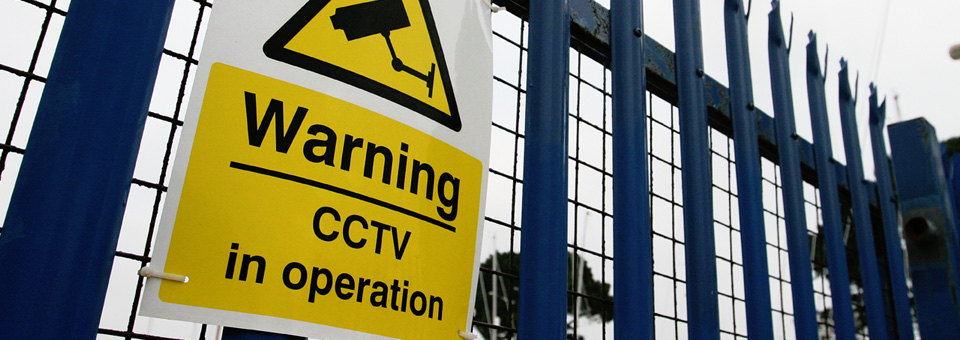Snoopers Charter: Hello, Goodbye
Three pretty major documents of public record have passed across our desks at CameraWatch in recent months — and all of them were introduced by the UK’s coalition government.
The first is the Home Office Statutory Consultation Paper focused on the Surveillance Camera Code of Practice pursuant to Section 29 of the Protection of Freedoms Act 2012. The second is Home Secretary Theresa May’s draft Communications Data Bill (commonly nicknamed the Snoopers Charter). The third is the Ministry of Justice consultation paper, “Assessment Notices under the Data Protection Act 1998 — Extension of the Information Commissioner’s Powers.” This paper is aimed at the National Health Service and health bodies.
A Big Brother Watch/YouGov survey on the draft Communications Data Bill found that 71 percent of Britons “do not trust that the data about internet use will be kept secure.” Half of the respondents called the bill “bad value for the money,” while only 12 percent called it good value. More than 40 percent of respondents said they would be “less likely to use online services and websites if they knew their activity was being recorded.”
Threat to privacy
The bill has also been the subject of nonsupportive comments from Deputy Prime Minister Nick Clegg. “What people have dubbed the snoopers’ charter, I just have to be clear with you, that’s not going to happen,” he said in a recent radio interview. That’s pretty clear, then, isn’t it? But we all remember how clear Clegg was over tuition fees. And at what point did the UK coalition government decide to conduct its business through local radio shows, anyway?
What can we say about the draft Communications Data Bill? Well, it has been heavily criticised by various parties, and it is viewed by some as a threat to privacy, and yet it’s easy to understand the reasons why this document has been brought forward. That said, is it really too much to ask for it to be thought through properly and a reaction anticipated?
CCTV solution to everything
It’s the same with CCTV being thrown into communities to alleviate any kind of problems. The problems can be understood, and it’s obvious that a solution needs to be sought, but nowadays everyone seems to be fixated on surveillance. If there’s technology available to address a problem, then the answer seems to be: “Use that technology, no matter how intrusive it may be, and no matter if it breaks the law.”
I’ve been invited to take part in a panel discussion next week at IFSEC International 2013, where the draft Communications Data Bill will be the subject of debate.
£405 million spent on bill
Is it going to be a quick hello and goodbye for this bill? The national news media have reported that the government has already spent more than £400 million on plans for the Snoopers Charter. Figures released to Parliament reveal that the Home Office has spent £405 million on development — almost a quarter of the projected total cost of £1.8 billion over a decade.
Then Clegg decides to throw into the conversation in a local radio programme that this Snoopers Charter simply isn’t going to happen. So is that £405 million simply forgotten about, then? Is it just hidden away somewhere? Where was that £405 million spent, or where is it going to be spent? Throughout whatever process might have been going on here, did no one think of asking what the public perception of this might be? What the reaction might be? Just because something is technically possible doesn’t mean it has to be done.
It would be really interesting to hear the views of hardworking taxpayers on how this money has been/is going to be spent/wasted (delete as appropriate).
With the coalition government seemingly having spent more than £400 million of taxpayers’ money on the draft Communications Data Bill, should we have perhaps expected any announcement by the deputy prime minister on its possible abandonment to have been delivered in the Houses of Parliament — the houses paid for by those same taxpayers? Or should that announcement have been made during a cosy wee interview at a local radio station?
Your views are most welcome.

